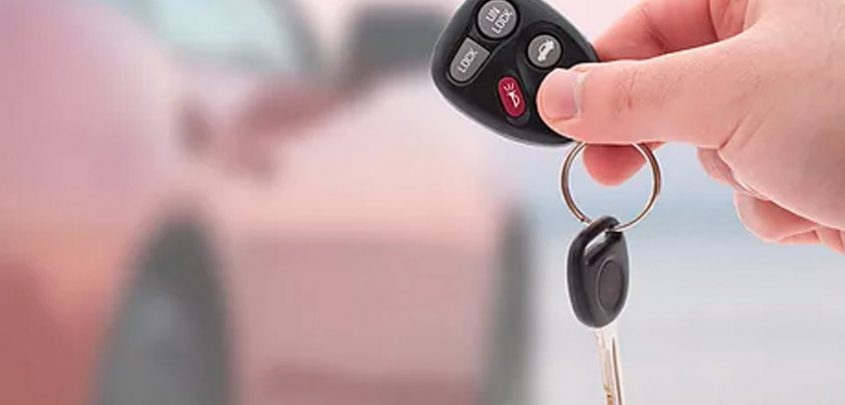
Fighting a Careless Driving Citation
Apr 20, 2017

Driving Under the Influence or DUI arrests are very common in all parts of Florida, and the mere thought may send you straight to your Uber app. However, sometimes things happen and you could find yourself on the side of the road being questioned and asked to perform field sobriety exercises. What exactly do they mean, and how can the State use them against you?
First, let’s look at what elements the State must prove beyond a reasonable doubt to get a DUI conviction. According to the jury instructions, there are actually only two elements:
1. Defendant drove or was in actual physical control of a vehicle.
2. While driving or in actual physical control of the vehicle, defendant
a. was under the influence of alcoholic beverages, a chemical substance, or a controlled substance to the extent that his or her normally faculties were impaired AND/OR
b. had a blood or breath-alcohol level of .08 or more grams of alcohol per 100 milliliters of blood or 210 liters of breath.
So basically, the State first has to show that you were driving a vehicle (car, motorcycle, golf cart, etc.) or that you were in or on the vehicle and had the capability to operate it. Unfortunately, sitting in your car with the keys in the ignition to “sleep it off” is considered actual physical control. However, there is a defense of inoperability if the vehicle was inoperable at the time of the alleged offense.
The next part “under the influence of alcoholic beverages to the extent that your normal faculties were impaired” is where the field sobriety exercises come in. Those little roadside “tests” the police have you perform are where they are looking for you to mess up. Officers testify in court that the exercises aren’t pass/fail, but they are trained to look for any minor slip, slur, or misstep and count it against you.
What are normal faculties? According to Florida Statute 316.1934(1) “Normal faculties include, but are not limited to the ability to see, hear, walk, talk, judge distances, drive an automobile, make judgments, act in emergencies, and in general, to normally perform the many mental and physical acts of our daily lives.” Are you muttering to yourself “What? Are you kidding me?!” Yes, this is how the police are determining your impairment at the side of the road. Also remember, if you are arrested after the field sobriety exercises and are placed in the back of the patrol car, the recording doesn’t stop. Everything you say and do (including falling asleep) in the back of the cop car is on video and may be used against you at trial.
In Duval County, you are asked to perform the field sobriety exercises before providing a breath or blood sample to have it checked for alcohol or drugs. Meaning, if the officer says he “smells the odor of an alcoholic beverage” on your breath, notices you have “bloodshot, watery eyes,” hears “slurred speech” and feels you did not perform well on the FSEs, you will be arrested and transported downtown to the jail. You are already under arrest before you have even provided a breath or blood sample. And if that test comes back below the legal limit, guess what? You aren’t “unarrested.” You still must go through first appearance court, have a bond set, and potentially fight your charges.
DUIs are extremely complex charges from the traffic stop to the police observations and field sobriety exercises to the Breathalyzer machines, and an experienced criminal defense attorney can help. Contact The Law Office of Tiffany H. Poore at 904-395-2293 for a free consultation.